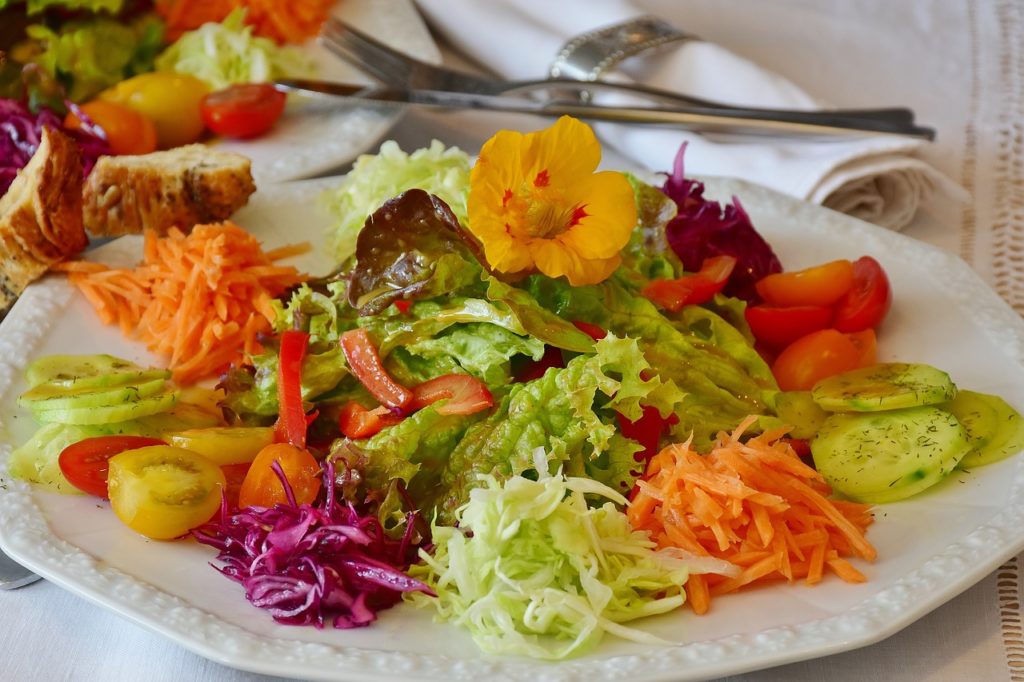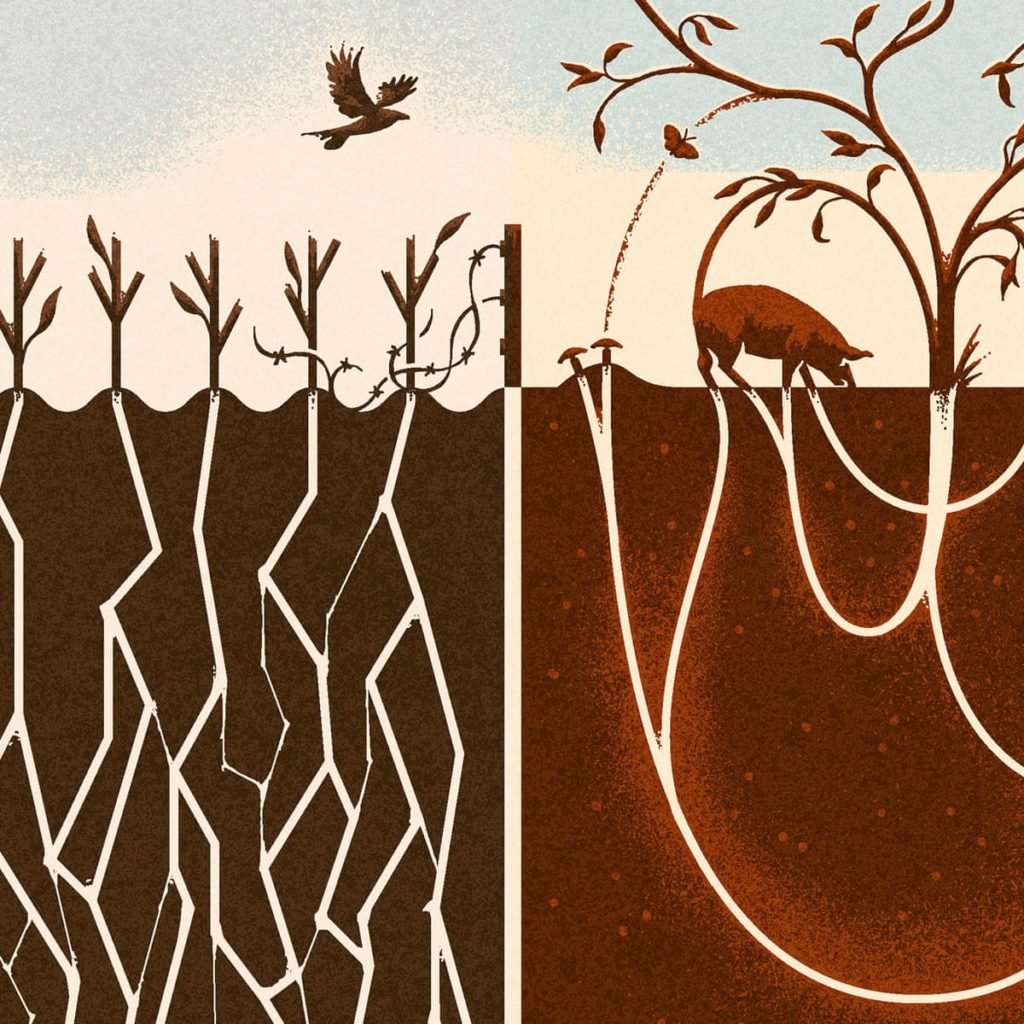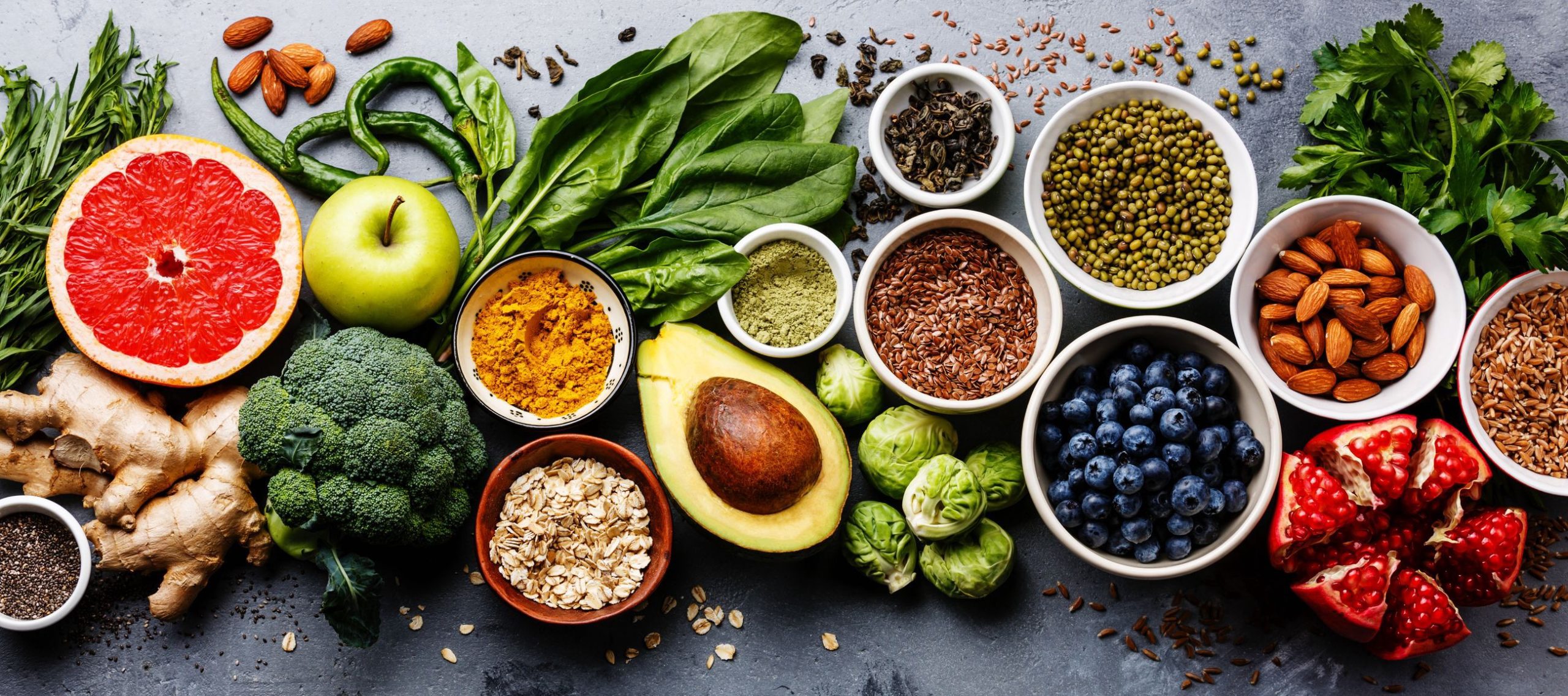Go vegan, they said. Save the world, they said. But is the plant-based diet as good for the environment as we’ve been told? A group of researchers has recently published a study in which they describe various biophysical simulation models that compare 10 eating patterns: the vegan diet, two vegetarian diets (one that includes dairy, the other dairy and eggs), four omnivorous diets (with varying degrees of vegetarian influence), one low in fats and sugars, and one similar to modern American dietary patterns.
What they found was that the carrying capacity—the size of the population that can be supported indefinitely by the resources of an ecosystem—of the vegan diet is actually less substantial than two of the vegetarian diets and two out of the four omnivorous diets they studied.
The Price of Veganism
The number of vegans has increased 160 per cent over the past 10 years, but people need to be asking “where has this food come from” as they fill their shopping baskets with the fruits of the world: pomegranates and mangos from India, lentils from Canada, beans from Brazil, blueberries from the US and goji berries from China. Eating lamb chops that come from a farm a few miles down the road is much better for the environment than eating an avocado that has travelled from the other side of the world.

As we greedily plunder the world’s bread basket, it’s the consumer who benefits, while those at the source can be left high and dry. Take avocados and quinoa, whose prices have been pushed up so much by Western demand that they’ve become unaffordable to those who depend on them in their country of origin.
Rather than being seduced by exhortations to eat more products made from industrially grown soya, maize and grains, we should be encouraging sustainable forms of meat and dairy production based on traditional rotational systems, permanent pasture and conservation grazing. We should, at the very least, question the ethics of driving up demand for crops that require high inputs of fertilizer, fungicides, pesticides and herbicides, while demonizing sustainable forms of livestock farming that can restore soils and biodiversity, and sequester carbon.
Not only does this system of natural grazing aid the environment in terms of soil restoration, biodiversity, pollinating insects, water quality and flood mitigation – but it also guarantees healthy lives for the animals, and they in turn produce meat that is healthy for us. In direct contrast to grain-fed and grain-finished meat from intensive systems, wholly pasture-fed meat is high in beta carotene, calcium, selenium, magnesium and potassium and vitamins E and B, and conjugated linoleic acid (CLA) – a powerful anti-carcinogen. It is also high in the long-chain omega-3 fatty acid DHA, which is vital for human brain development but extremely difficult for vegans to obtain.

Much has been made of the methane emissions of livestock, but these are lower in biodiverse pasture systems that include wild plants such as angelica, common fumitory, shepherd’s purse and bird’s-foot trefoil because they contain fumaric acid – a compound that reduces emissions of methane by 70%, according to reliable studies.
In the vegan equation, by contrast, the carbon cost of ploughing is rarely considered. Since the industrial revolution, up to 70% of the carbon in our cultivated soils has been lost to the atmosphere. So there’s a huge responsibility here: unless you’re sourcing your vegan products specifically from organic, “no-dig” systems, you are actively participating in the destruction of soil biota, promoting a system that deprives other species, including small mammals, birds and reptiles, of the conditions for life, and significantly contributing to climate change.
There’s no question we should all be eating far less meat, and calls for an end to high-carbon, polluting, unethical, intensive forms of grain-fed meat production are commendable. But if your concerns as a vegan are the environment, animal welfare and your own health, then it’s no longer possible to pretend that these are all met simply by giving up meat and dairy. Counterintuitive as it may seem, adding the occasional organic, pasture-fed steak to your diet could be the right way to square the circle.
